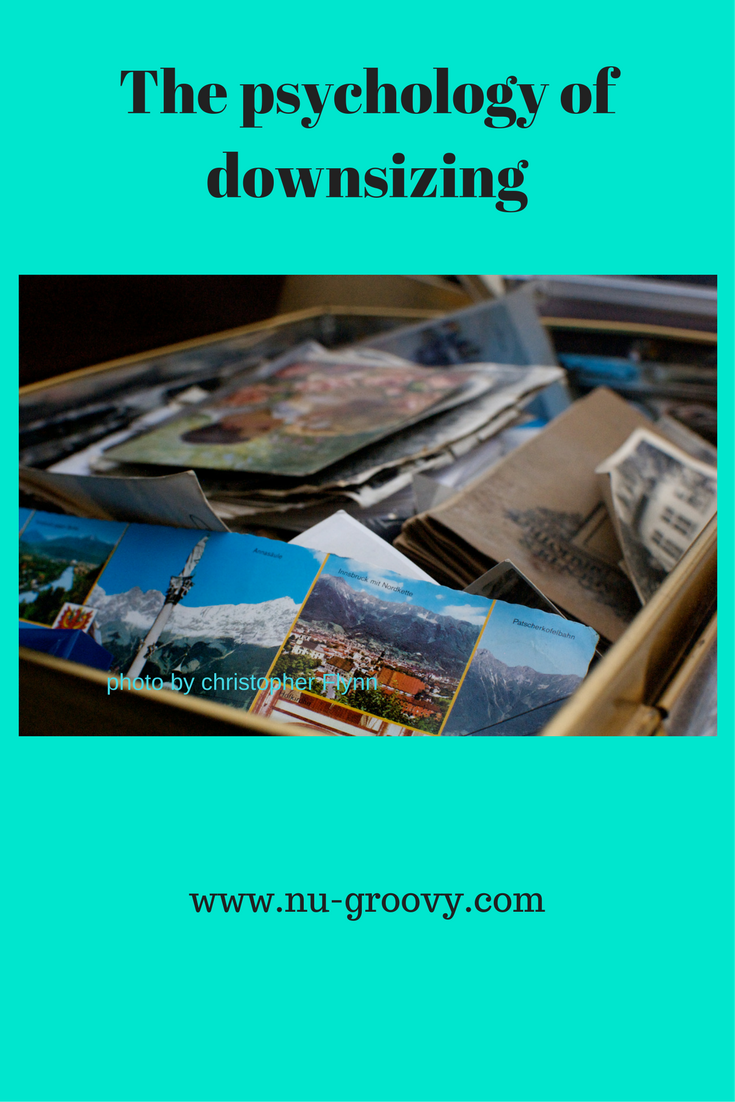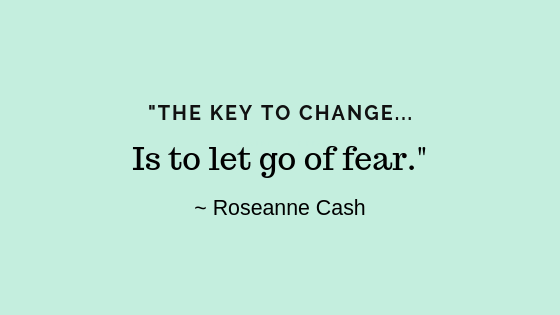The psychology of downsizing
Downsizing or decluttering affects everyone in a different way.
Some people have a lot of attachment to their stuff. Other people feel no attachment. They were holding onto things because it was just too much trouble to sort through it.
My husband has no attachment to most things. However, whenever we moved houses, he would just throw away anything, but keep things like nails. I felt upset about this.
I was very much attached to my books and travel souvenirs for instance. Even though it was clear that many items must go, I needed time to decide what was important to me and what was not. It was always very emotional for me.
I'm not discussing people like the ones on the T.V. hoarders. That is a whole different issue that usually needs a professional to step in and help.
We moved many times, so we never had a lot of clutter.
This time it was different we had settled in this most recent home for over twenty years. We still never had a lot of clutter, but we had stock from a business that included antiques and art and gifts.
My attachment included the idea that it represented lots of money spent. I very much wanted to make sure that it was going to people that would appreciate it. I grew up poor, and I don't like the throwaway society or waste. We had our work cut out as it could not be sent directly to recycling.
One's reason for downsizing or decluttering are many.
It usually happens when we need to move to a new location. Some want to be near grandchildren, they are retiring and cannot afford a large home, children have grown up and moved. Sometimes we need to relocate to a less expensive location. Maybe we need a place with wheelchair access. It can feel overwhelming.
For me, I need to take time. No need of rushing into it.
When I finally realized I must move it was for financial and health reasons. I loved my house and was pretty happy with most of my possessions.
It took about a year of weighing the pros and cons then another year of sorting and selling and giving away items I no longer wanted. This approach may work for you also.
Don't leave it until you have a short timeline to get things done. If you are like me and find it emotional, it is best to take your time. Think about how you feel about an object before letting it go. You may be surprised of the reasons for holding onto it for so long. Sometimes it is not serving you well.
Memories seem to the hardest to let go. Past achievements, relatives that have past, your children. There are ways to preserve the mementos.
Be careful that you don't take forward to your new life or new location things that make you feel bad or gifts you never liked or reminders of bad relationships. View this as an opportunity to start fresh. It can feel fabulous. Sometimes it won't even be missed.
The unknown can be frightening. Planning for each step of downsizing is important.
Baby boomers think their children will want all the childhood things that you saved for them, but you might be surprised that this may not be the case. Family heirlooms may not be wanted either even though it may represent your heritage.
Go forward to this a new chapter in your life. Remember why you are doing this when emotions are running high. Keep a list of the good things that will come from this. Sometimes keeping an item keeps you in the past instead of focusing on the now.
Always think about who you are now, who you want to be and not who you were in the past. If you are aging, do not put downsizing off and have to rely on others to make these important decisions for you.
Your life can feel lighter when you are no longer spending time looking after way too much stuff. Psychologically it can feel freeing. It creates space for new experiences.





